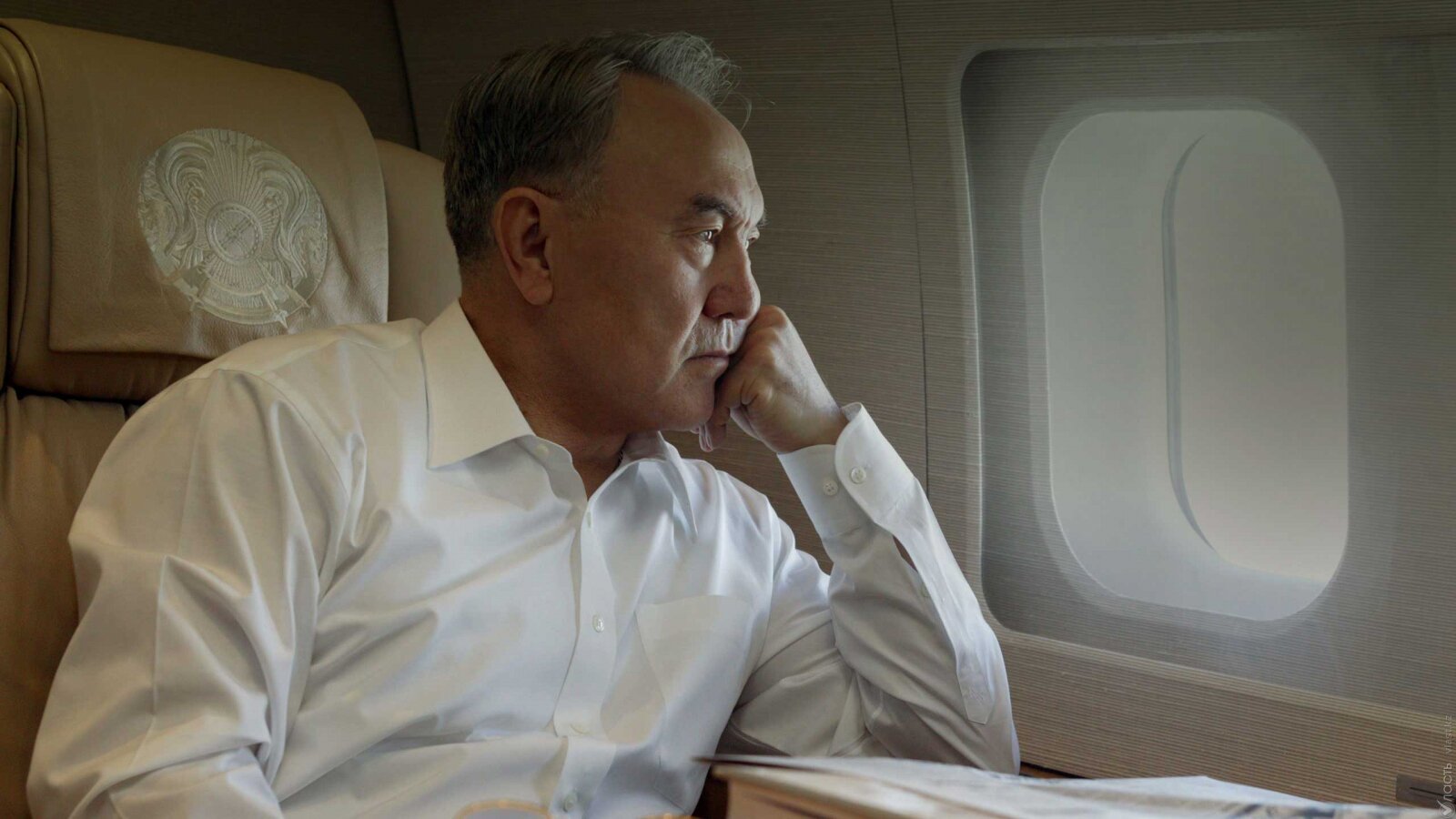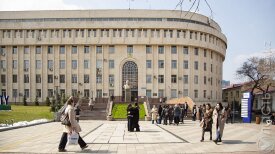A number of regions across Kazakhstan were affected by a malfunctioning power line between Ekibastuz and Agadyr on February 13. Residents of the Almaty, Karaganda, Kyzylorda, Turkestan, Zhambyl, and Zhetysu regions had to withstand restrictions on electricity use between 9 a.m. and 4 p.m. Power plants and electricity infrastructure are decaying in Kazakhstan. At a Senate hearing, assemblyman Serik Shaidarov said that power plants and electricity networks are in a “deplorable state.”
A group of residents of the Karaganda region is collecting signatures against the ongoing construction of an ash pond, used by coal-fired power plants to dispose of waste. As of February 17, the group has collected more than 5,000 signatures. Karaganda is one of Kazakhstan’s most important coal mining regions and its residents have long complained about the pollution related to the coal industrial complex.
President Kassym-Jomart Tokayev said on February 14 that he supports the establishment of a mini-recycling plant in Stepnogorsk, a small town in the northern Akmola region, to dispose of waste materials containing highly toxic polychlorinated biphenyls (PCBs). These materials were brought to Stepnogorsk in 2020 from Lake Balkhash. Residents have been staunchly against the storage of toxic waste or a construction of a processing plant in their town.
According to Russian newspaper Kommersant, Kazakhstan has become one of the main foreign suppliers of coal to the European Union (EU), since the shipments of Russian coal have waned due to the ongoing war in Ukraine. Kazakhstan has sent 11% more of its coal via Russia towards ports in the Baltic Sea.
Tokayev signed into law on February 15 a new bilateral treaty with Uzbekistan for the repatriation of prisoners. According to Kazakhstan’s Prosecutor General, there are currently almost 500 citizens of Uzbekistan serving sentences in Kazakhstan and 20 citizens of Kazakhstan in prison in Uzbekistan.
A number of foreign election observers received accreditation, Kazakhstan’s ministry of foreign affairs said on February 13. Two observers affiliated to the OSCE/ODIHR mission were denied accreditation because the organization had notified the ministry too late of a change in the composition of its mission.
Amendments to a range of laws regulating labor conflicts were signed into law by Tokayev on February 15. While purportedly these amendments are poised to “ease” the conflict resolution processes and simplify the procedure to hold strikes, in fact these new rules are still far from the standards on freedom of assembly and right to strike that Kazakhstan subscribed to when it adopted a range of Conventions drafted by the International Labor Organization.
More than 200 workers for the construction company Senimdi Kurylys went on strike on February 11 at the Tengiz oil field in the western Atyrau region. The workers demand a 20% salary increase and an improvement in the working conditions, especially for what concerns personal protective equipment and repairs in dormitories. Importantly, the company’s workers have long complained about their working conditions and have routinely gone on strike over the past two decades.
On February 15, the special law “On the First President - Elbasy” became invalid, as Tokayev signed a constitutional amendment. This law, specifically designed to grant a special status to and protect former President Nursultan Nazarbayev and his family from prosecution, became a hot topic of discussion after Bloody January, and its striking down was included in a constitutional referendum in June last year. While the former president and his family are now stripped of an important shield against public scrutiny, Nazarbayev still retains immunity as provided by the Constitution for all ex-presidents. Curiously, the domain name of Nazarbayev’s website also changed from elbasy.kz to nazarbayev.kz.
The following day, an Almaty court said it had initiated a civil lawsuit against a group of companies related to Jusan Bank, whose corporate structure traces back to charitable foundations linked to Nazarbayev. According to the prosecutor, in 2020, Almaty-registered Pioneer Capital Invest, which owned the group’s assets, transferred its controlling stake to a UK-registered company, Jusan Technologies LTD. The prosecutor said this was to the detriment of “tens of thousands of Kazakhstani students at Nazarbayev University and Nazarbayev Intellectual Schools, which are funded through the group’s dividends.” The bank replied that the assets transferred abroad were not related to the group’s core business in Kazakhstan, which “continues to work and operate for the benefit of the economy.”
Поддержите журналистику, которой доверяют.








